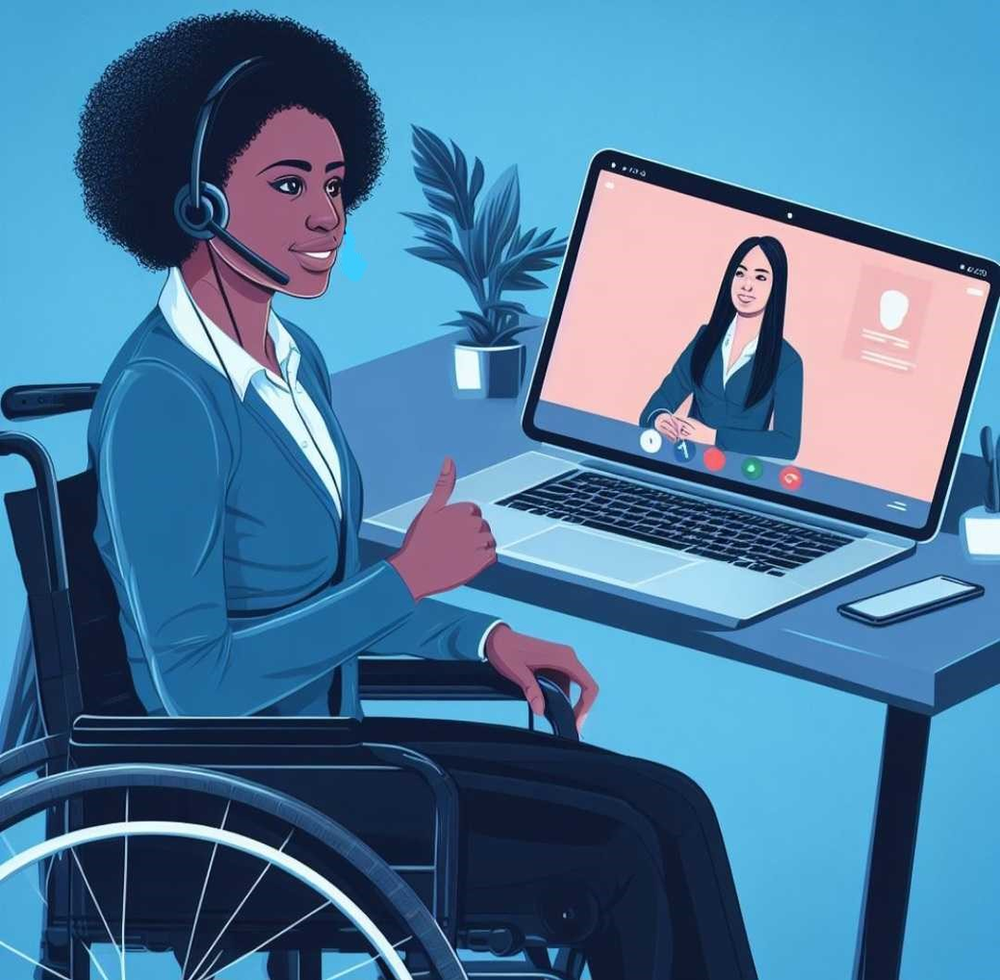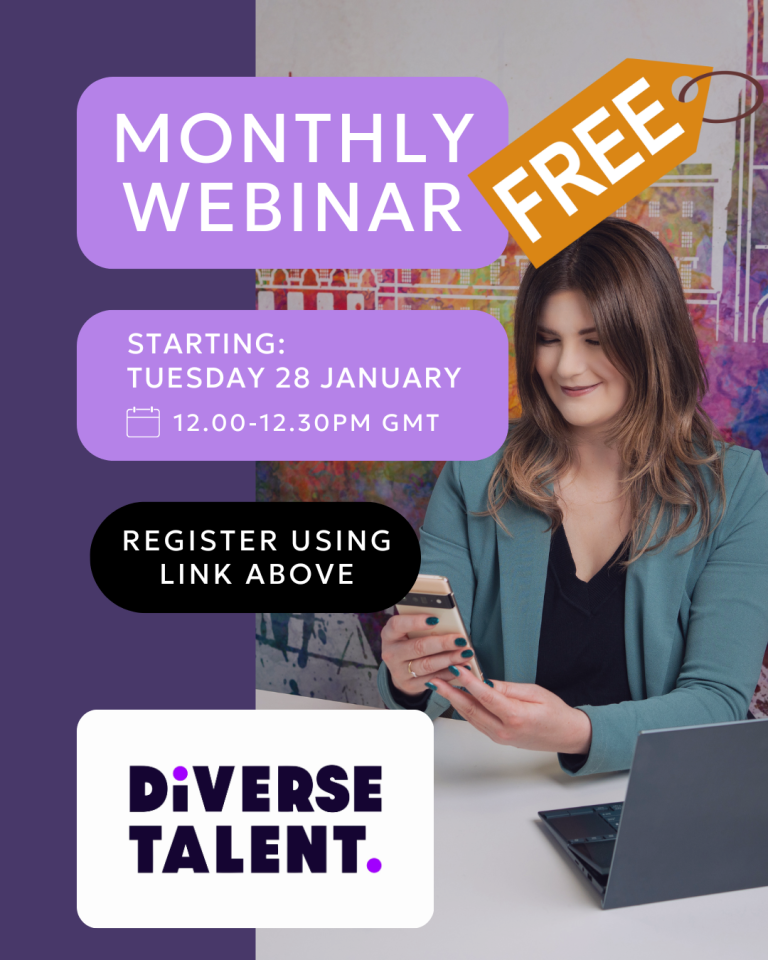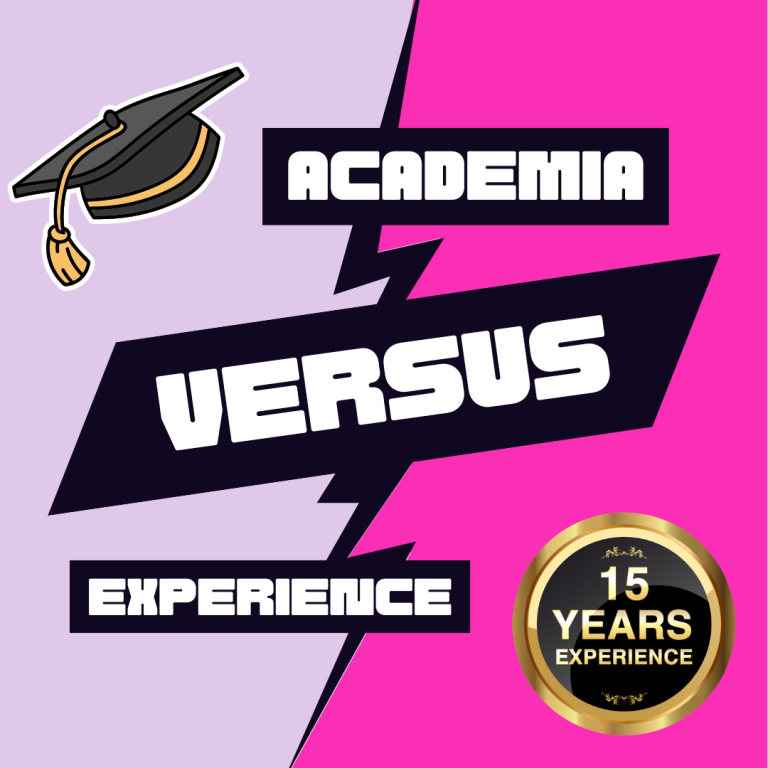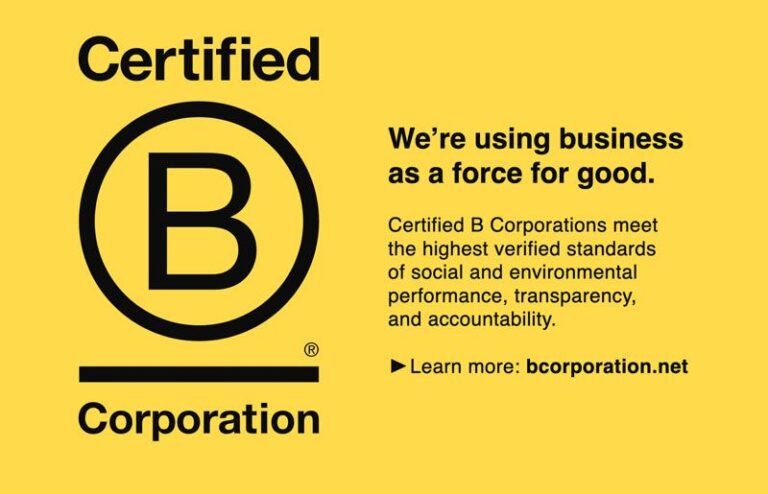Welcome! I assume you’ve clicked on this post to learn about a crucial aspect of the interview process that’s often overlooked: remaining inclusive.
It’s all about using the right language, asking the right questions, and ensuring that everyone, regardless of their abilities, has a fair shot. So, grab yourself a cuppa, get comfy, and let’s dive in.

Using Inclusive Language
You know, the words we use can have a significant impact. During interviews, it’s essential to be mindful of the language we choose. Using inclusive language is more than just being politically correct; it’s about creating an environment where all candidates feel valued and comfortable.
When you’re sitting down with a candidate, be aware of questions and terms that might unintentionally discriminate or discourage certain individuals. For instance, avoid questions related to a candidate’s personal life or family status. These questions can be intrusive and have no bearing on their ability to do the job.
Steer clear of any language that could be seen as biased or prejudiced. Phrases like “young and dynamic” or “digital native” might inadvertently exclude older candidates. Instead, focus on qualities that matter, such as adaptability and a willingness to learn.
Accommodations and Adjustments
Being open to providing accommodations and adjustments is a game-changer, especially for candidates with disabilities. It’s not about giving someone an advantage; it’s about removing barriers so they can showcase their skills on a fair platform (also known as equity ).
For example, if a candidate has a visual impairment, consider providing interview materials in accessible formats. This small adjustment can make a world of difference. Or, if a candidate needs additional time for interviews due to being neurodiverse (E.g., Autism or ADHD), be open to extending the interview duration. Remember, it’s all about recognizing the unique needs of each candidate.
What could this look like in practice?

Imagine you’re interviewing Mia, a candidate with a mobility impairment. To make the interview more accessible, you arrange for a video call instead of an in-person meeting. During the interview, you focus on assessing Mia’s skills and experience without any bias related to their disability.
Mia feels comfortable and appreciated, and as a result, they perform exceptionally well during the interview. Your inclusive approach not only ensures a fair assessment but also reflects positively on your company’s commitment to diversity and equal opportunities.
What can we take away from this?
The interview process isn’t just about finding the right candidate; it’s also about creating an inclusive and welcoming experience for everyone. By using inclusive language and being open to accommodations, you not only attract a diverse pool of talent but also build a reputation as an employer who values all individuals.
I think it’s also a pretty good shout to sign up to Diverse Talent’s Inclusive Recruitment Platform for free and ensure your company is ahead of the game and is embracing DEI from the very beginning!
So, the next time you’re conducting interviews, remember the power of inclusivity – it’s a game-changer for you and your candidates.
Written by Katie Ashenhurst – Digital Design Engineer




